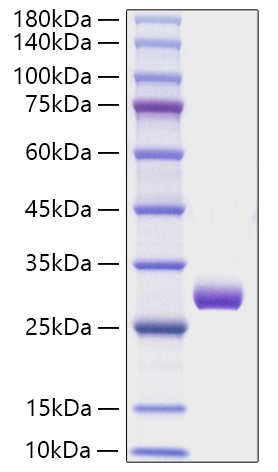Triose-phosphate isomerase, also named Triose-phosphate isomerase, TPI and TIM, is an enzyme that catalyzes the reversible interconversion of the triose phosphate isomers dihydroxyacetone phosphate and D-glyceraldehyde 3-phosphate. TPI has been found in nearly every organism searched for the enzyme, including animals such as mammals and insects as well as in fungi, plants, and bacteria. However, some bacteria that do not perform glycolysis, like ureaplasmas, lack TPI. TPI plays an important role in glycolysis and is essential for efficient energy production. TPI deficiency is an autosomal recessive disorder and the most severe clinical disorder of glycolysis. Triose phosphate isomerase deficiency is associated with neonatal jaundice, chronic hemolytic anemia, progressive neuromuscular dysfunction, cardiomyopathy and increased susceptibility to infection and characterized by chronic hemolytic anemia.







